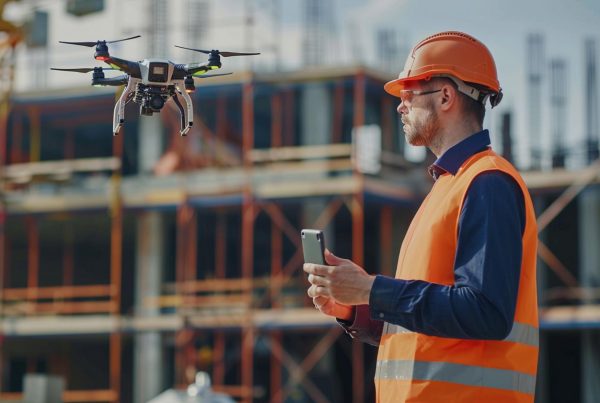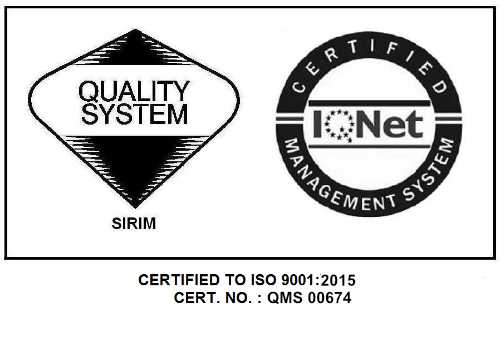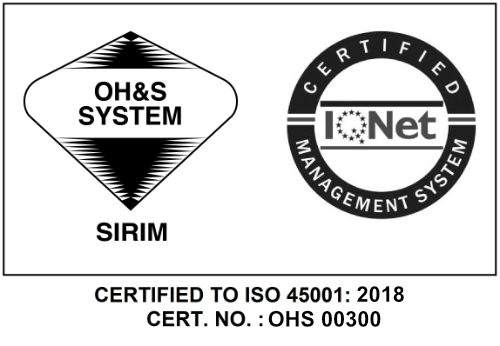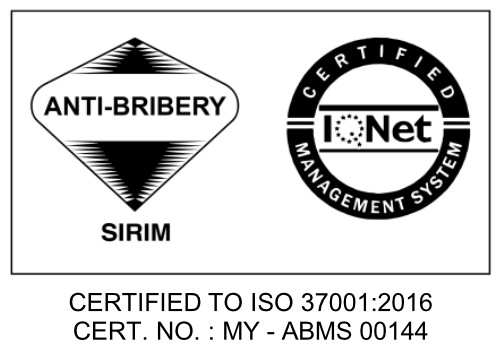
In this second instalment of our series on advanced project management and collaboration in the Malaysian construction industry, we shine a spotlight on collaborative platforms, a technological marvel that has been a driving force behind the industry’s resilience in the face of unprecedented challenges.
The construction industry, like many others, had to adapt swiftly to the demands of remote work due to the COVID-19 pandemic. Collaborative platforms emerged as a lifeline, enabling construction teams to maintain productivity and connectivity even when working from disparate locations.
One of the critical strengths of collaborative platforms is their ability to facilitate seamless communication. Be it project managers, architects, engineers, or contractors, these platforms offer a unified space for teams to engage in discussions, share updates, and address issues in real-time. Instant messaging, discussion boards, and video conferencing features have been invaluable in maintaining a sense of togetherness and ensuring everyone is on the same page.
Document Sharing and Management: Document management is a critical aspect of construction projects, and collaborative platforms excel in this area. They provide a centralised repository for storing project-related documents, plans, and blueprints. Team members can access these documents from anywhere, ensuring the most up-to-date information is readily available. This feature reduces the risk of data loss, miscommunication, and costly errors.
Efficient Project Tracking: Tracking project progress is a breeze with collaborative platforms. From assigning tasks and setting deadlines to monitoring real-time updates, these platforms offer tools for managing every aspect of a construction project. This efficiency ensures that milestones are met and potential issues are identified and addressed promptly.
Enhancing Adaptability: The construction industry’s adaptability is tested, particularly during times of crisis. Collaborative platforms have significantly fostered adaptability by allowing teams to collaborate remotely without compromising efficiency. The pandemic accelerated the need for remote collaboration, but these platforms have proven their value beyond that crisis, becoming a permanent fixture in the construction industry’s toolkit.
Stay tuned for the next part of our series, where we explore the influence of blockchain technology on construction contracts and payments.
Article 1: Rise of Cloud-Based Project Management Tools
Article 3: Blockchain’s Influence on Contracts and Payments
Article 4: Overcoming Challenges in Implementing Advanced Project Management Tools














